Description
Introduction
Bandlock Closures, also known as quick opening closures, are integral components used in various industries including the natural gas, chemical, and metallurgy sectors. They are designed for use on large-volume, high-pressure equipment such as filters, tankers, filter separators, meter skids, cyclone separators, and heat exchangers, which need to be opened and closed irregularly.
These closures serve as essential safety and efficiency measures in both horizontal and vertical pressure vessel equipment. By facilitating quick and secure access, they allow for expedited maintenance, inspection, and cleaning processes, thereby increasing the productivity and safety of industrial operations.
In this article, we will delve into the specifics of how Bandlock Closures are utilized, focusing particularly on their application in the oil and gas industry. We will explore their function, benefits, and the reasons behind their widespread use in this field.
The Mechanics of Bandlock Closures
Bandlock Closures are engineered with a unique seal that incorporates an integral anti-extrusion spring. This specially designed servo-acting lip seal ensures a completely pressure-tight seal, even at zero pressure. The one-piece molding is available in a variety of elastomers, providing versatility for different industrial applications.
Notably, the seal features a stainless steel spring that prevents extrusion and provides full vacuum capability. This design allows the Bandlock Closure to be utilized in both horizontal and vertical installations. For added durability and longevity, the seal is housed in the door, protecting it from the working area. Furthermore, it’s designed for user-friendly operations, being easily fitted without the need for any tools.
In terms of corrosion protection, Bandlock Closures can be customized to meet specific requirements. When necessary, they can be supplied with a weld overlay in materials such as 316 Stainless Steel or Inconel 625, among others. The extent of the overlay can range from seal faces to all pressure-wetted surfaces, including the provision of a door insert for the pressure warning screw. This level of customization ensures that Bandlock Closures can withstand the harsh conditions often present in industries such as oil and gas.
Operating Bandlock Closures: A Step-by-Step Guide
Step 1: Safety Checks
Before attempting to open the closure, ensure the vessel is fully isolated, drained, and vented from any pressure source. Loosen the pressure warning screw without fully removing it to check for any residual pressure. If any pressure is indicated, tighten the pressure warning screw again and re-check the status of all valves.
Step 2: Remove the Pressure Warning Screw
Once you have confirmed that it’s safe to open the closure, completely remove the pressure warning screw and its integral locking plate from the closure.
Step 3: Position the Universal Handle
Insert the universal handle into the drive link mechanism attached to the horseshoe mechanism. Ensure that the handle is securely fitted into the provided hole.
Step 4: Open the Closure
Rotate the universal handle approximately 180° in an anti-clockwise direction. This will trigger the drive link and horseshoe mechanism, causing the band to contract onto the door recess. After this, remove the universal handle.
Step 5: Swing the Door Open
Using the door hinge handle, gently swing the door into its open position. The door is mounted on a double pivot mechanism, which allows it to move in a straight line and rotate for access to the seal and band.
Closing the Bandlock Closure
To close the Bandlock Closure, simply reverse the steps you followed to open it.
Bandlock Closures in the Oil and Gas Industry
In the oil and gas industry, Bandlock Closures play a vital role in enhancing safety and operational efficiency. They are typically used in high-pressure applications on filters, separators, meter skids, and heat exchangers. These are all integral parts of the complex processing and transportation systems that move oil and gas from extraction sites to refineries, and finally to consumers.
For example, during the oil refining process, Bandlock Closures provide secure, quick access for regular inspection, maintenance, and cleaning of pressure vessels. This can significantly reduce downtime and increase overall operational efficiency. Additionally, the unique sealing mechanism of Bandlock Closures ensures a completely pressure-tight seal, which is essential in high-pressure environments commonly found in this industry.
Furthermore, the corrosion-resistant properties of Bandlock Closures make them ideal for the oil and gas industry, where equipment is often exposed to harsh and corrosive conditions. They can be customized with a weld overlay in materials such as 316 Stainless Steel or Inconel 625, providing robust protection against corrosion.
In summary, Bandlock Closures offers numerous benefits to the oil and gas industry, including improved safety, increased operational efficiency, and enhanced durability. Their design and functionality make them a preferred choice for high-pressure applications in this sector.
Bandlock Closures in the Chemical Industry
Bandlock Closures also find extensive use in the chemical industry, where they play a critical role in improving safety and optimizing operations. They are employed in various high-pressure chemical processing equipment such as reactors, separators, and heat exchangers, among others.
In the production of chemicals, reactions often take place under high-pressure conditions. Bandlock Closures facilitate quick and secure access to these pressure vessels, allowing for efficient inspection, maintenance, and cleaning. This feature significantly reduces downtime, contributing to enhanced productivity and operational efficiency.
Moreover, the robust design of Bandlock Closures, including the unique sealing mechanism, ensures a completely pressure-tight seal, making them an ideal choice for high-pressure chemical processes. This feature is particularly important in preventing leaks of potentially hazardous chemicals, thus enhancing safety in the workplace.
The corrosion-resistance properties of Bandlock Closures are another significant advantage in the chemical industry. The possibility of customizing these closures with materials like 316 Stainless Steel or Inconel 625 ensures their resilience against the corrosive conditions often found in chemical plants.
In conclusion, Bandlock Closures provide numerous advantages to the chemical industry, including improved safety, increased operational efficiency, and enhanced durability. Their unique features make them an invaluable asset in the sector’s high-pressure operations.
Conclusion
Bandlock Closures, with their unique design and functionality, have proven to be an indispensable component across a multitude of industries, serving as a testament to their versatility and effectiveness. Their unique sealing mechanisms, user-friendly operation, and customization options make them invaluable assets in high-pressure environments.
In the oil and gas sector, they facilitate efficient operations by enhancing safety and reducing downtime. In the chemical industry, they offer robust protection against leaks and corrosion, while ensuring safe and efficient maintenance procedures.
As we look to the future, the role of Bandlock Closures is expected to become even more significant. As industries continue to seek ways to optimize operations, reduce costs, and increase safety, the demand for efficient and reliable components such as Bandlock Closures is set to rise.
Moreover, as technology advances, we can anticipate further improvements and innovations in the design and functionality of Bandlock Closures. These could potentially include enhancements in materials used, automation in operation, or even integration with digital monitoring systems for real-time data on the health and performance of the closures.
In conclusion, Bandlock Closures, due to their unique features and broad utility, are set to continue being a cornerstone in the operation of high-pressure industrial equipment. Their future evolution will undoubtedly have a substantial impact on the safety, efficiency, and productivity of several key industries.

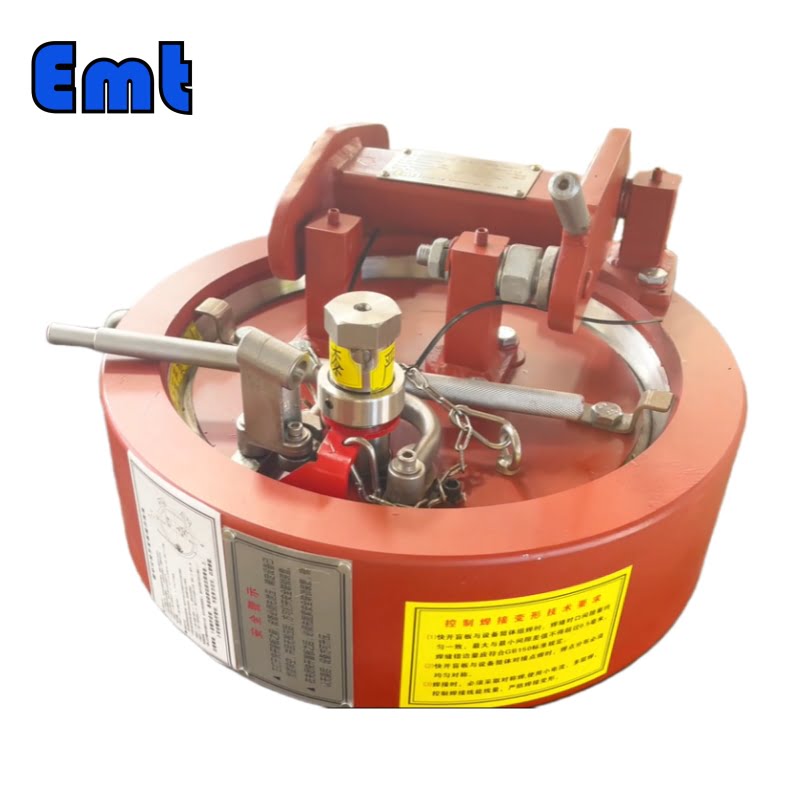
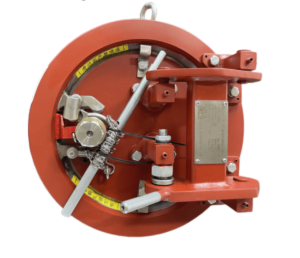
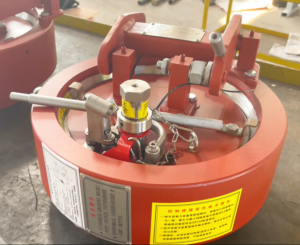
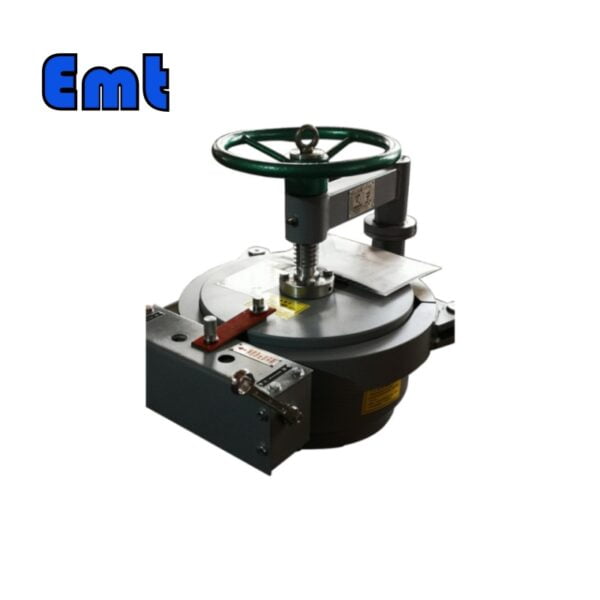
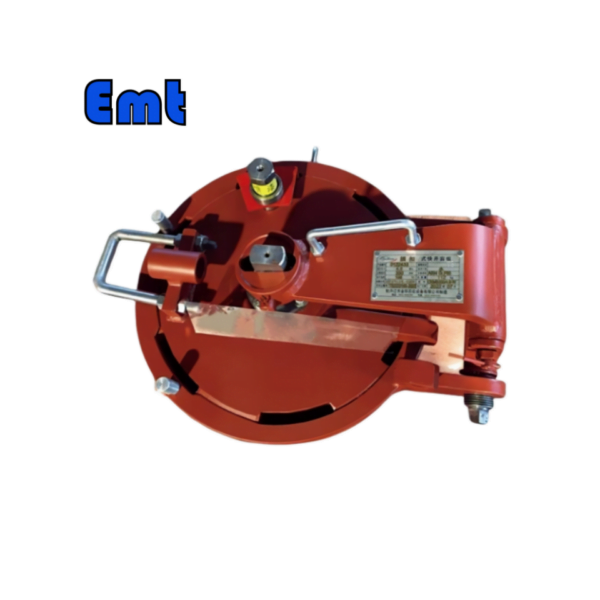
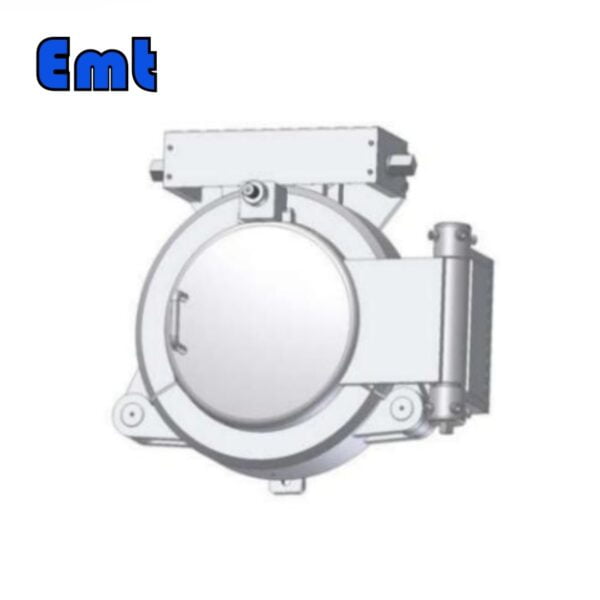
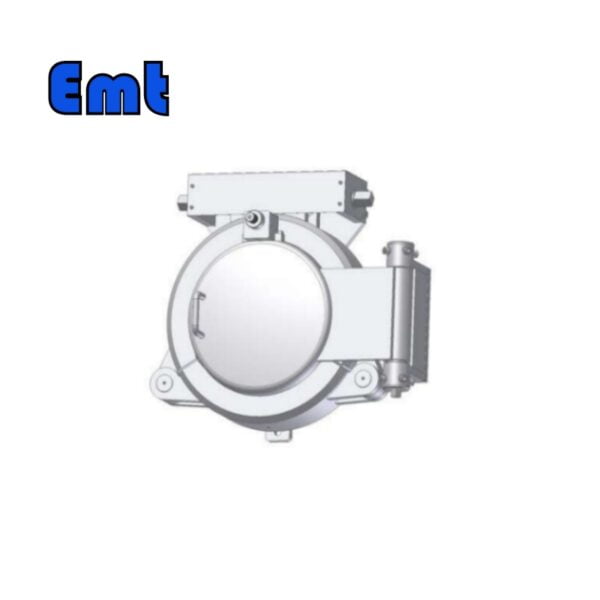
Reviews
There are no reviews yet.